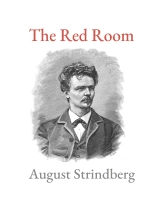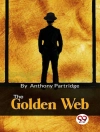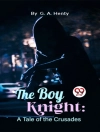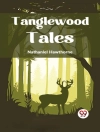‘I’ll tell you what, Ygberg, I believe one has to be very unscrupulous if one wants to get on in the world.’ That’s how The Red Room could be summarised through one of its sentences. Through a number of cultural workers Strindberg asks the question of how life should be lived. As a young person, you can pretend to be an ardent idealist; as an older, somewhat sober person, you can come to realise that what you from the beginning thought to be idealistic may not really be.
Through its straightforward language The Red Room (1879) is often called the first modern novel in Swedish. It constitutes a representation of Stockholm in the 1870s and is known for its depictions of the urban environment as well as its satire. The book is an attempt to stand by the lower classes by humorously attacking the hypocrisy of the higher classes. The Red Room was described as dirt by contemporary critics, but it was an immediate success.
This edition of The Red Room constitutes the first novel in the cluster text style, which could be 20 percent better than ordinary texts, and is intended to function as a kind of survey for how we look at text, reading and book design. This book, in Swedish, was made as an entry for Svensk bokkonst, which every year rewards good examples of book design. The winners get to participate in Stiftung Buchkunt’s Best Book Design from all over the World which in German is called Schönste Bücher aus aller Welt. This difference captures an important gap. Book design has long been about designing beautiful books. Now we’ll see how Svensk bokkonst and possibly Stiftung Buchkunst see this. What do you think? Should we read cluster texts? You will get an answer to that question by reading this edition of The Red Room.
PLEASE NOTE that the text in this book, i.e. cluster text, cannot be reflown and therefore needs to be read on tablets/screens at least 13 centimetres wide, which can handle line lengths of 95 characters (i.e. smaller screens are not suitable).
Об авторе
Annandreas is the originator of the cluster text, which is a typographic style that is about twenty percent better than ordinary texts, and has written, e.g. Readability, Are texts wrongly written?, Typographic manual and Typographical investigations.












